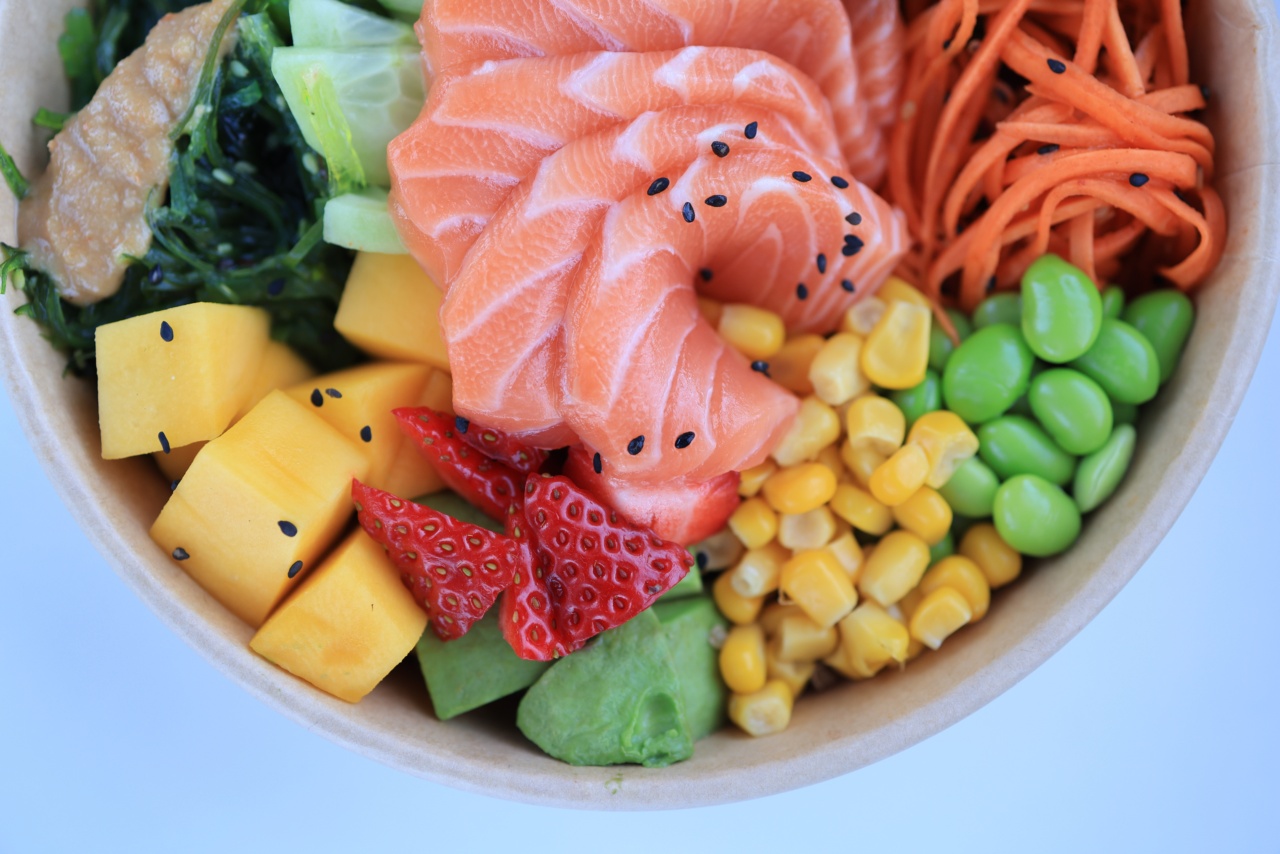Having high cholesterol levels can lead to serious health problems such as heart disease, stroke, and other chronic illnesses. Making changes in your diet and lifestyle can help lower your cholesterol levels and improve overall health.
One of the most effective ways to lower cholesterol is by consuming more fruits and vegetables.
Benefits of Fruits and Veggies in Lowering Cholesterol
Fruits and vegetables are low in saturated and trans fats, which are the primary culprits for raising blood cholesterol levels.
When consumed regularly, they can help lower bad cholesterol (LDL) levels and increase good cholesterol (HDL) levels, which help protect against heart diseases.
: Below are some examples of fruits and vegetables that can be effective in lowering cholesterol
1. Leafy Green Vegetables
Leafy greens such as spinach, kale, collard greens, and Swiss chard are rich in fiber, vitamins, and minerals. They can help lower LDL cholesterol levels, improve blood pressure, and reduce the risk of heart disease.
2. Berries
Berries such as strawberries, raspberries, blueberries, and blackberries are excellent sources of antioxidants. They can help prevent cell damage and inflammation, improve blood flow, and lower LDL cholesterol levels.
3. Citrus Fruits
Citrus fruits such as oranges, lemons, grapefruits, and limes are rich in soluble fiber and vitamin C. They can help lower LDL cholesterol levels, improve blood pressure, and reduce inflammation in the body.
4. Apples
Apples are rich in pectin, a type of soluble fiber that binds with cholesterol and prevents it from being absorbed. Eating apples regularly can help lower LDL cholesterol levels, reduce inflammation, and improve gut health.
5. Avocado
Although avocados are high in fat, they are rich in monounsaturated fats that can help lower LDL cholesterol levels and increase HDL cholesterol levels. They are also an excellent source of fiber and potassium, which can help improve heart health.
6. Broccoli
Broccoli is an excellent source of fiber and antioxidants such as lutein and sulforaphane. It can help lower LDL cholesterol levels and reduce the risk of heart disease.
7. Tomatoes
Tomatoes are rich in lycopene, an antioxidant that can help lower LDL cholesterol levels. They can also help reduce inflammation and improve blood pressure.
8. Sweet Potatoes
Sweet potatoes are rich in fiber, beta-carotene, and vitamins A and C. They can help lower LDL cholesterol levels, improve blood sugar control, and reduce inflammation.
9. Beans and Legumes
Beans and legumes such as lentils, chickpeas, and black beans are rich in soluble fiber, which can help lower LDL cholesterol levels. They are also an excellent source of protein and can help reduce the risk of heart disease.
10. Nuts
Nuts such as almonds, walnuts, and pistachios are rich in monounsaturated and polyunsaturated fats, which can help lower LDL cholesterol levels and increase HDL cholesterol levels. They are also an excellent source of fiber and antioxidants.
Conclusion
Eating a diet rich in fruits and vegetables can help lower cholesterol levels and improve overall health.
Consuming a variety of colorful fruits and veggies can provide a broad spectrum of vitamins, minerals, fiber, and antioxidants that can benefit the body. Incorporating these fruits and veggies into your daily diet can help improve heart health and reduce the risk of chronic diseases.



























